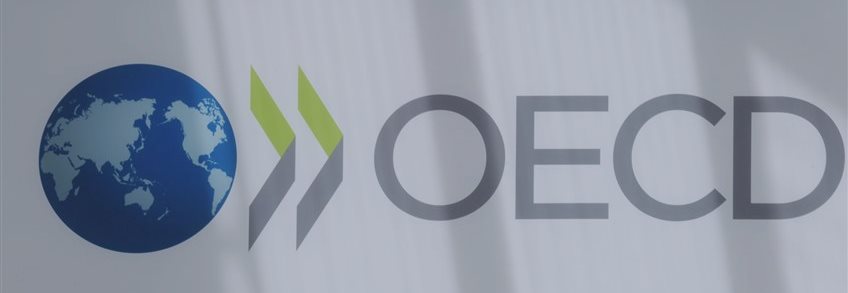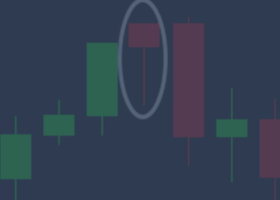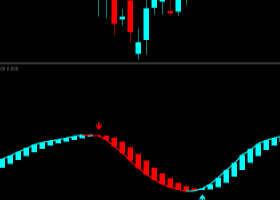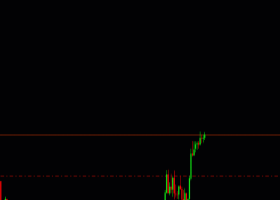
OECD: U.S. economy rebound not strong, Russia's contraction coming to an end
According to leading indicators released Monday by the Organization for Economic Cooperation and Development, which is based in Paris, the U.S. economy may not recover strongly from its first-quarter poor performance, while Russia's economic stagnation may be coming to an end.
The research institution said its estimates of future economic activity also point to slowdowns in Canada, China and Brazil. The data is based on information available for April.
While economies that have expanded at a more rapid pace than their peers in recent years - such as the U.S. and China - are set to slow, those that have been behind are beginning to gain momentum, including France and Italy, the leading indicators suggest.
The OECD also pointed to steady growth for Japan, the U.K., Germany and India, while signalling that tentative signs of a positive change in growth momentum are emerging in Russia.
The U.S. economy contracted at a 0.7% annual rate during the first three months of 2015. However, analysts consider that much of that weakness is explained by temporary factors, including harsh weather and a labor dispute at West Coast ports, while the stronger dollar appears to have hurt exports.
However, upbeat data such as strong jobs report released recently suggests that the U.S. economy will quickly pick up after contracting in the first quarter.
Meanwhile, the OECD's calculation of future activity suggests that may not be the case, with its leading indicator for the U.S. having fallen in each of the first four months of the year and now standing at 99.5.
100.0 signals an economy will expand at its trend rate of growth - or the average over recent decades - although that trend rate is different depending on a country, with developing economies typically having higher rates than developed economies.
Last week, economists at the OECD lowered their forecast for global economic growth 2015, to 3.1% from 3.6% - in part because it trimmed its growth projection for the U.S. to 2% this year from its 3.1% forecast in March.
The OECD's designed its leading indicators in order to provide early signals of turning points between the growth and slowdown of economic activity, and are based on a wide variety of data series that have a history of anticipating fluctuations in future economic activity.
The leading indicators suggest that Russia's economy may soon bottom out, after a long slowdown deepened by falling oil prices and sanctions imposed by the West.
The
OECD's composite leading indicator for its 34 members was unchanged at
100.1 in April, as was the leading indicator for the eurozone at 100.7, says MarketWatch.


